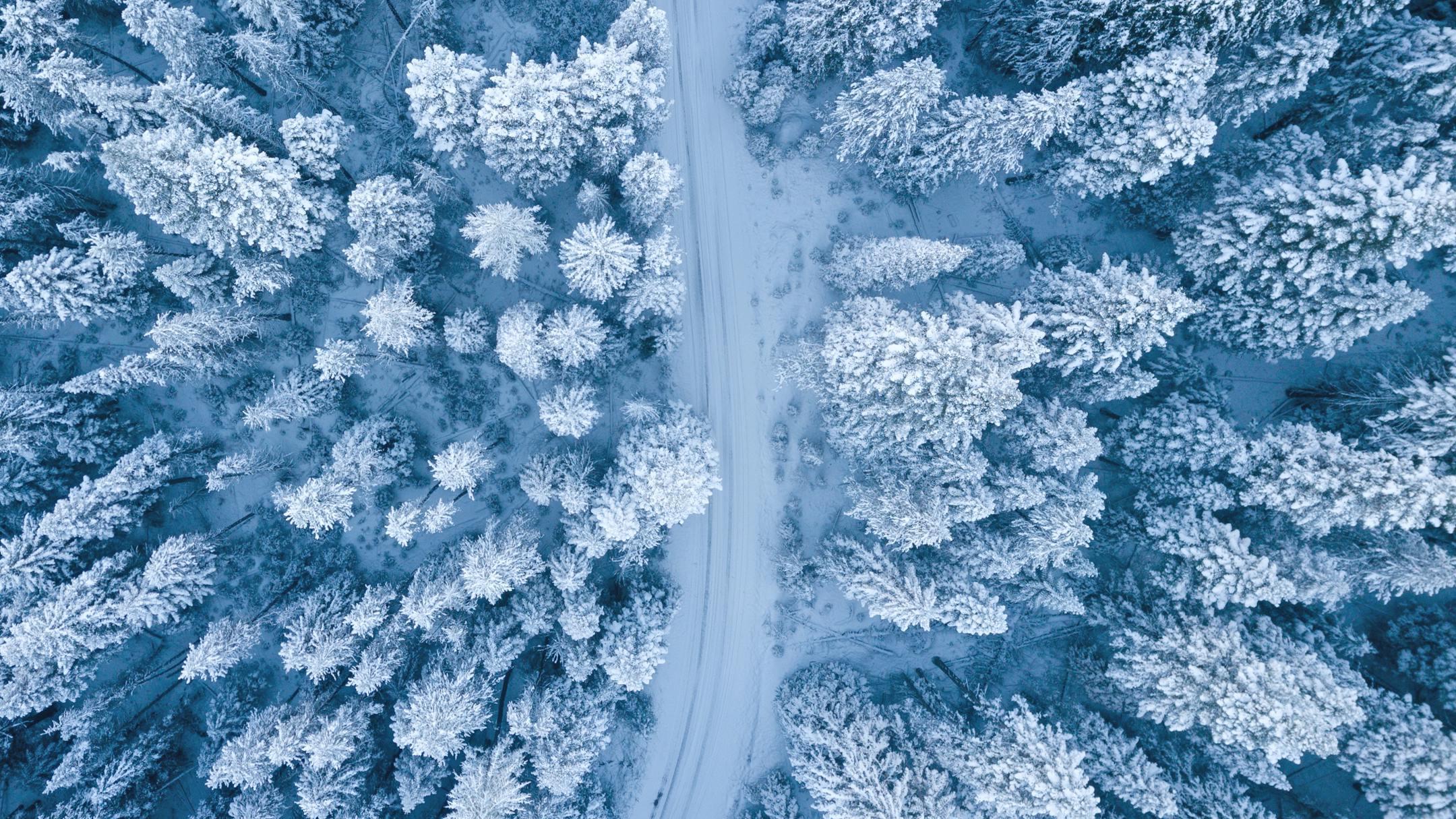
As the last leaves fall and the first frost settles in, Indiana’s wildlife begins a quiet transformation. November marks the start of winter prep for many species—from raccoons and bats to squirrels and skunks. While some animals hibernate, others adapt in surprising ways. And for homeowners, this seasonal shift can bring unexpected visitors.
At J’s Wildlife Solutions LLC, we believe that understanding these behaviors is key to peaceful coexistence. Here’s what’s happening in the wild this month—and how you can help protect your home and local habitats.
What Wildlife Is Doing Right Now
1. Bats Begin Torpor and Migration
Indiana’s bats either migrate south or enter torpor—a state of slowed metabolism. They seek quiet, undisturbed spaces like caves, attics, and wall voids.
Tip: If you hear fluttering or scratching in your walls, don’t seal it up—call a professional for humane exclusion.
2. Raccoons and Skunks Slow Down
These mammals don’t fully hibernate, but they do reduce activity. They’ll seek warm, dry dens—often under decks, sheds, or crawl spaces.
Tip: Inspect outdoor structures and seal gaps before winter sets in.
3. Squirrels Go Into Overdrive
You’ll see squirrels gathering and burying nuts like it’s their full-time job. They rely on memory and scent to retrieve caches later.
Tip: If squirrels are nesting in your attic, it’s time for a professional inspection and exclusion plan.
4. Birds Shift Territories
Many songbirds migrate, while others settle into winter feeding patterns. Woodpeckers, juncos, and cardinals become more visible.
Tip: Clean feeders and offer high-fat foods like suet to support overwintering birds.
What You Can Do to Help
1. Wildlife-Proof Your Home
2. Avoid Unintentional Invitations
3. Support Natural Habitats
4. Know When to Call a Pro
If you hear scratching, smell something strange, or notice droppings, don’t wait. Wildlife intrusions are easier to manage early—and humane solutions protect both animals and property.
Why It Matters
Winter survival is tough for wildlife. By understanding their needs and behaviors, we can reduce conflict, protect homes, and support Indiana’s ecosystems. At J’s Wildlife Solutions, we specialize in ethical removal, exclusion, and education—because every season brings new challenges, and every creature deserves respect.
Need help winter-proofing your property or identifying signs of wildlife activity?
Contact us today for a seasonal inspection or consultation. Let’s make this winter safe—for you and the wild neighbors you didn’t know you had.